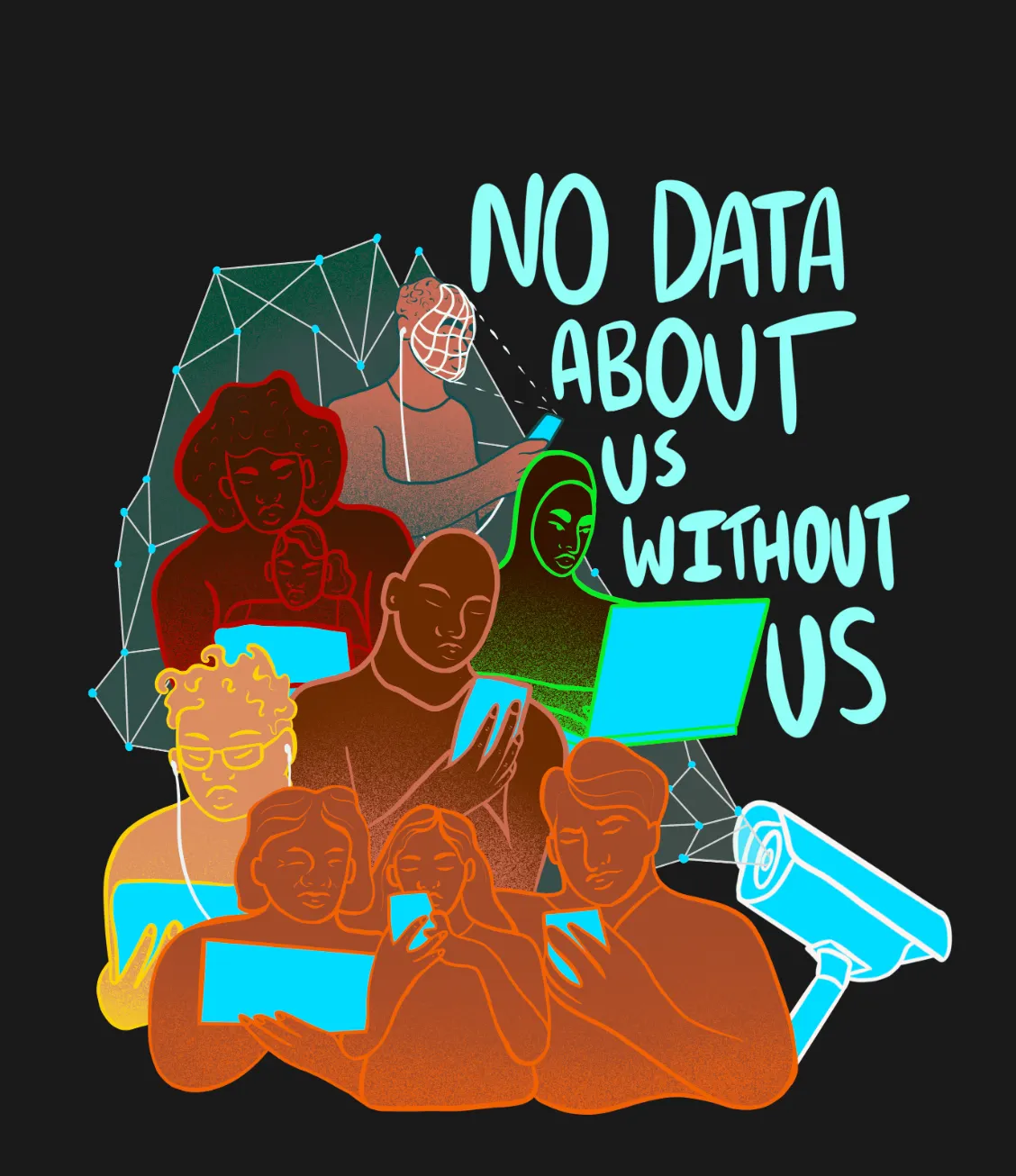Decoupling Safety and Policing: The Role of Community Organizations
As cities grow more complex, civil organizations are stepping into the spaces traditionally occupied by governments and law enforcement. These organizations are not just supplementing existing efforts - they are actively redefining what safety means in today’s cities.
.jpg)
Photo: María Camila Roldán
On September 11th, the Edgelands Institute brought together experts and representatives from different organizations and institutions from the Edgelands cities - Medellín, Geneva, Cúcuta, Nairobi and Houston - for our fourth Digital Intercity Dialogue. We explored how urban security is being reshaped, the role of non-governmental actors in addressing both physical and digital security challenges, as well as the need for collaborative, community-driven solutions.
The discussion highlighted the essential role of social organizations in creating safe spaces and understanding the real needs of different groups within a city. It also brought forward different perspectives on the meaning of safety, raising questions and possible solutions on how local governments and civil society organizations can, and should, work together to create and implement public policies that have a tangible impact on safety for all, in both digital and physical spaces.
Decoupling Safety from Policing: A New Paradigm
One of the main discussions was the definition of security and safety, and the need to decouple these concepts from policing. As participants pointed out, policing has long been the default method of maintaining order. This approach reflects a particular view of security that emphasizes preventing or responding to crime - a view often promoted by governments. However, throughout the conversation, participants gave examples of how security goes beyond policing. Access to quality education, healthy food, public transport and well-designed public spaces are key elements in fostering and maintaining a sense of security in urban environments.
Alternative approaches to security often prioritize community care and protection over law-enforcement and surveillance. Amnesty International is an example of an organization that plays a vital role in the context of Nairobi, providing oversight and offering alternative security frameworks that exist outside government control. In Medellín, Casa de Las Estrategias, an organization focused on addressing social issues such as youth development and social justice, has implemented an emergency hotline that offers psychosocial support to teenagers at risk of violence. Similarly, Encode Justice, a youth-led organization in New Jersey that promotes human-centered artificial intelligence policies, is pushing back against the misuse of school-issued laptops that monitor students even outside of school hours.
There’s a trend here: organizations are proactively taking the lead in decoupling safety from policing.
Additionally, participants highlighted that civil organizations are often more equipped to build self-sustaining safety networks that operate beyond the traditional framework, because they are more aware of citizens’ needs and quicker to react. During the 2020 protests in Houston, for example, grassroots initiatives sprang up to provide essential resources to people detained during the demonstrations, such as COVID masks and phone chargers. With surveillance technologies that are not always in the best interest of citizens - for example with facial recognition softwares disproportionately harming people of color -, it is crucial to incorporate civil voices to create a more just and equitable security landscape. Social organizations are taking care of that.
As cities become more digitized, the challenges of urban security are expanding into the digital realm. For instance, a representative of the Cyber Strategy Office of the Geneva State Police underscored the fundamental efforts being made towards international cooperation to prevent cybercrime such as fraud and identity theft, not only in traditional digital spaces, but also in emerging spaces such as the metaverse.
Participants emphasized that, like urban security, cybersecurity is not just about stopping crime, but also about ensuring that individuals and communities can participate in digital spaces with freedom, autonomy and privacy. In these spaces, the role of organizations that engage directly with communities was also stressed. For example, the Data Futures Initiative in Houston is working to empower individuals by giving them greater control over their personal data and preparing citizens to navigate digital spaces with greater autonomy and security.
Community-Centered Solutions: Building Trust
At the heart of the issues we explored was the question of trust - trust between citizens and governments, and trust within communities. For example, in cities where government surveillance and force are often used against citizens, and where surveillance technologies are implemented without public consultation, the relationship between the state and its people is deeply strained. Similarly, in cities where certain groups are stigmatized and seen as a threat by other members of the community, the relationship between citizens can be described as one of constant mistrust.
How can this trust be rebuilt? One solution put forward was through the work of social organizations in creating and following the implementation of community-focused policies that reflect the needs and concerns of the public, ensuring that technological solutions do not overcome societal safeguards.
In cities like Nairobi, where government surveillance and force are commonly used against citizens, this trust is deeply fractured. Community-based organizations such as Amnesty International are creating a reference point for security that exists outside government control. In Medellín, where teenagers are often criminalized simply for gathering in public, there is a need to provide communities with safe spaces. Community initiatives like Casa de las Estrategias are working to break the link between youth and criminal organizations, again demonstrating how organizations are leading efforts to build safety from the ground up, rather than relying on police forces.
Ultimately, no technology can replace community-driven solutions. True safety is built through trust: between citizens and governments, and within communities themselves. This must emerge through the active participation of all stakeholders involved in the process.
A New Path for Urban Security
As organizations continue to challenge the traditional policing framework and offer alternative models rooted in community trust, transparency and collaboration, the decoupling of safety from policing signals a potential new path for urban security, one where organizations don’t fill up the gaps, but work side-by-side with governments to maintain safety at the physical and digital levels. It is only through community intelligence that we can ensure that security isn’t about control, but fostering trust, equity and care in our cities.



